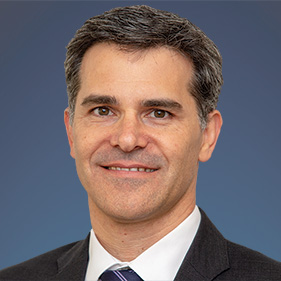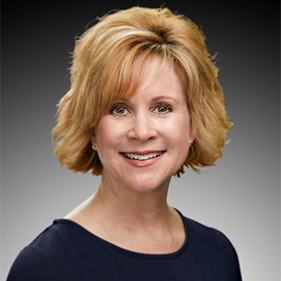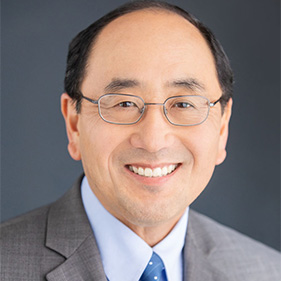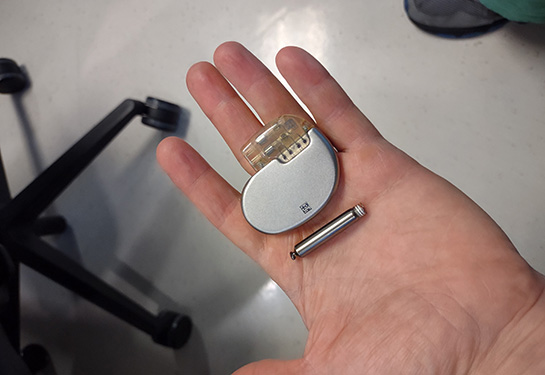UC Davis Health advances treatment of heart failure through ‘whole health’ program
New program funded by Rosenfeld Foundation aims to improve the health and well-being of patients with heart failure
UC Davis Health researchers have received a grant to support an innovative “whole health” approach to improve the health and well-being of patients with heart failure.
Awarded by the Rosenfeld Foundation, the one-year grant will fund a program to coach heart failure patients on healthful eating, physical activity, stress reduction and weight management.
The whole health approach fits within our larger vision of building comprehensive heart failure services, spanning from prevention to advanced treatment.” —Martin Cadeiras
Impact of heart failure
Heart failure is a serious chronic disease. It results in a substantial burden of death and disability in the United States. Nearly 7 million Americans have heart failure, and the incidence appears to be increasing. It is one of the most common reasons people 65 and older go to the hospital.
Heart failure occurs when the heart cannot pump enough blood to meet the body’s demands. Patients often feel weak and fatigued. The reduced heart function can lead to fluid buildup in the lungs and extremities. While a healthy lifestyle is recommended for patients with heart failure, chronic fatigue and complex medication regimens can be barriers.
“Heart failure is a growing health crisis that demands innovative solutions,” said Martin Cadeiras, a UC Davis Health associate professor and medical director for the Advanced Heart Failure, Heart Transplantation and Mechanical Circulatory Support Device Program. “The whole health approach fits within our larger vision of building comprehensive heart failure services, spanning from prevention to advanced treatment.”
We’re looking forward to reaching more patients with heart failure, enhancing the KFP through patient input, and studying the impact of the whole health approach, thanks to the Rosenfeld Foundation.” —Desiree Backman
What is a “whole health” approach?
The grant is based on a recent UC Davis Health-funded project that examined the impact of a “whole health” program on the health and well-being of nine women with heart failure.
“Whole health” involves a mind-body-spirit lifestyle approach that enhances nutrition, physical activity, stress management and social support, among other factors.
The pilot program, called the Koa Family Program (KFP), was adapted from a successful randomized controlled trial and a cost-effectiveness study. The pilot was led by Desiree Backman, chief of the Prevention Policy and Practice Group (3PG) at the Center for Healthcare Policy and Research and Neal Kohatsu, a health strategist on the 3PG team.
During the Koa Family Program, a certified health coach educated heart failure patients via Zoom. The coach also helped foster group cohesion and facilitate the 14-week program.
Preliminary results of the Koa Family Program were promising. Based on self-report, the vast majority of the nine participants reported improvements in nutrition, physical activity, weight and well-being.
“The results from the KFP pilot are very encouraging and will be the basis of additional clinical research,” Backman commented. “We’re looking forward to reaching more patients with heart failure, enhancing the KFP through patient input, and studying the impact of the whole health approach, thanks to the Rosenfeld Foundation.”
Hopefully, we will be able to incorporate whole health into other aspects of care and rapidly translate research findings into practice, to benefit many more patients.” —Neal Kohatsu
Potential of “whole health”
Based on their initial findings, the researchers believe that a “whole health” program has the potential to improve health and well-being through lifestyle change for other populations and communities. The team is seeking to disseminate “whole health” programs more broadly while conducting ongoing evaluation to guide further program development.
“Hopefully, we will be able to incorporate whole health into other aspects of care and rapidly translate research findings into practice, to benefit many more patients,” Kohatsu stated.
Related Articles:
- Pilot program turns ‘whole health’ research into practice
- Center for Healthcare Policy and Research study informs new weight loss and wellness initiative
- Study finds novel weight-loss telewellness program makes financial sense
- Study aims to better understand reasons behind common type of heart failure








